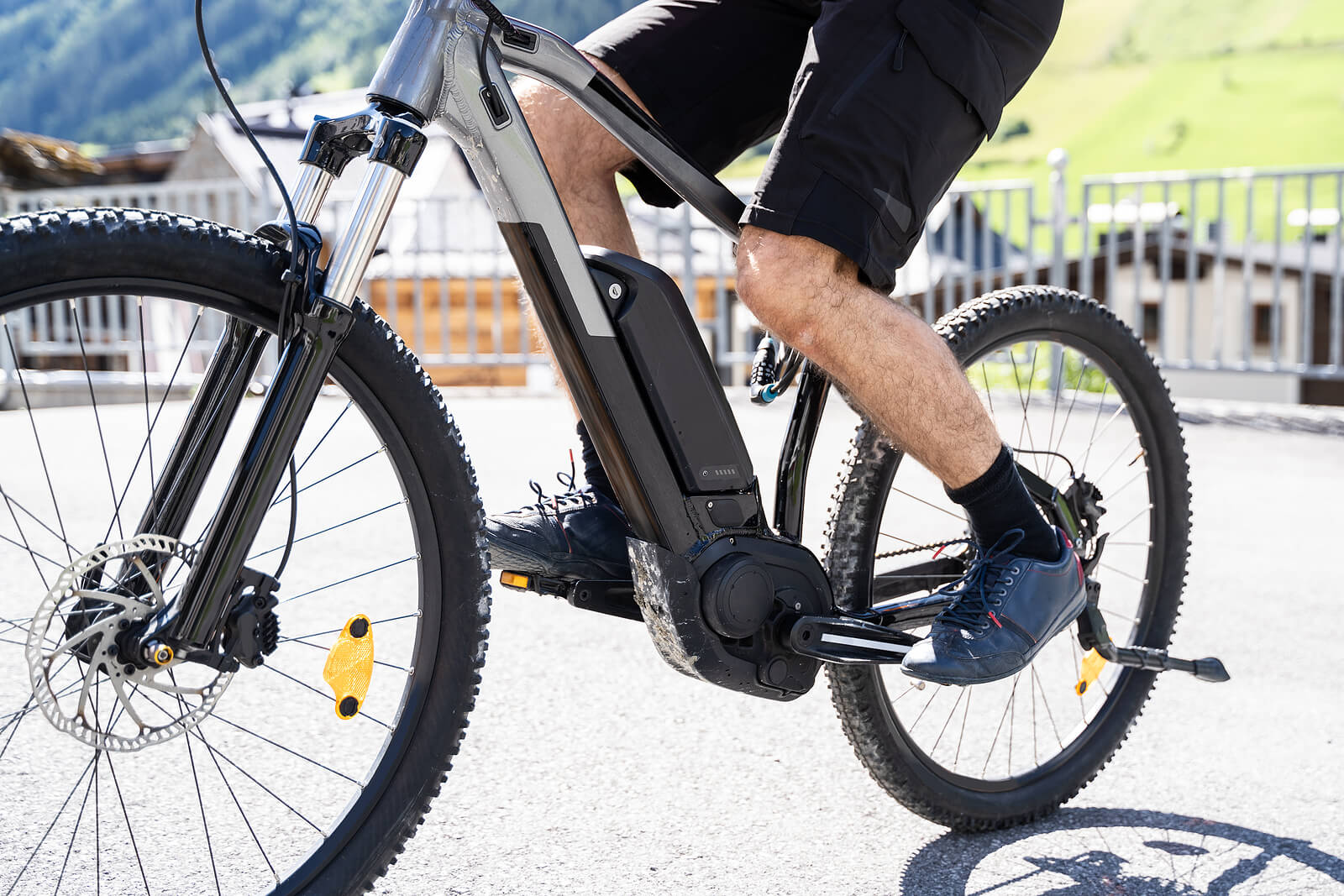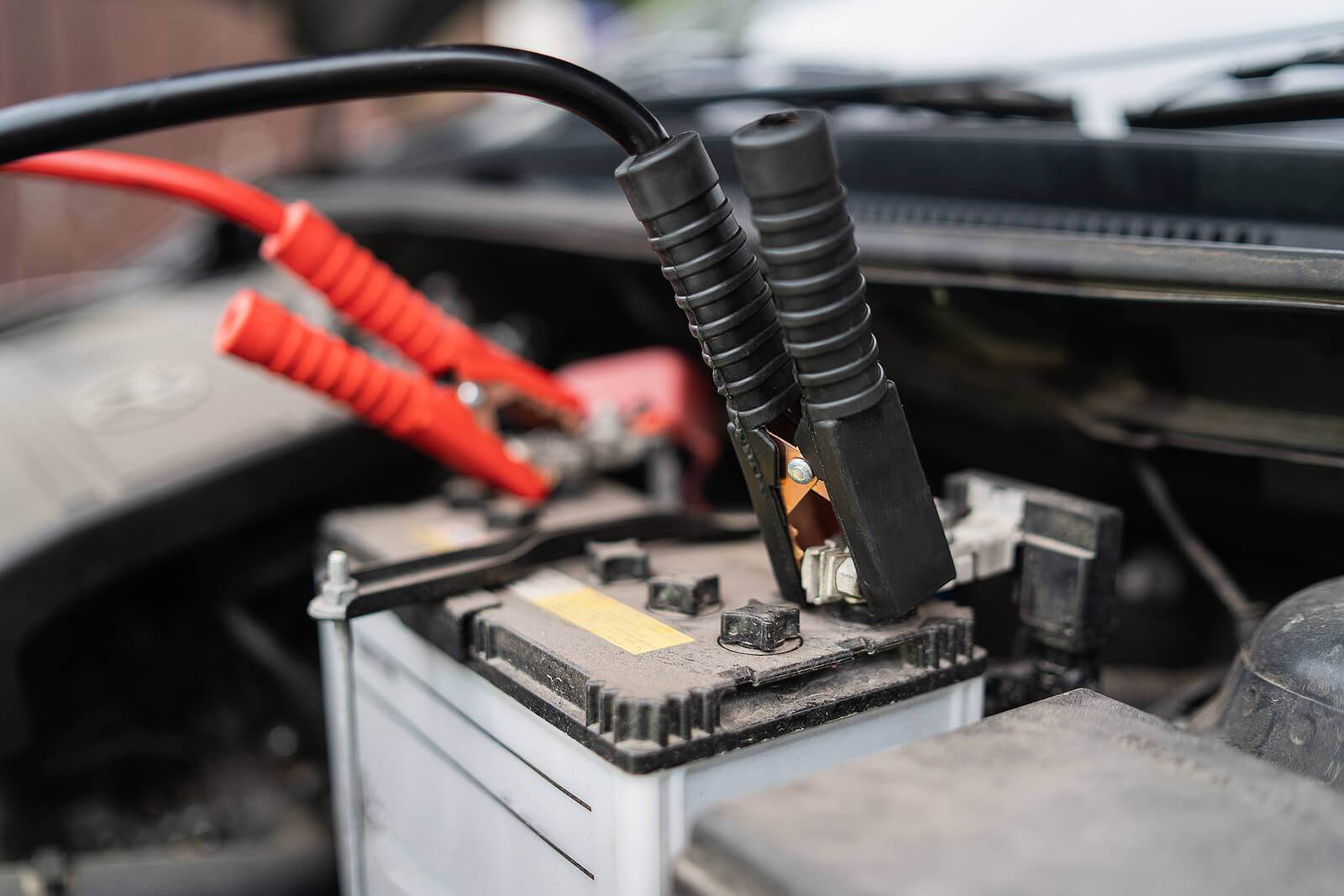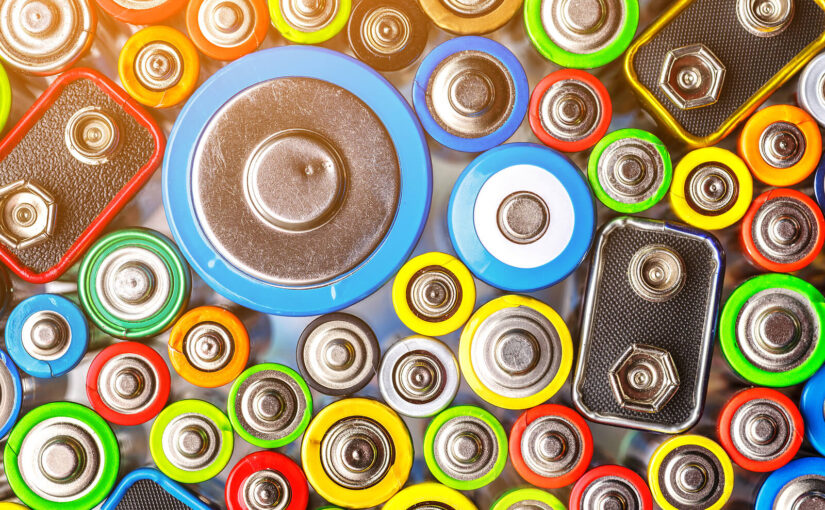Batteries are essential in many places, including homes and businesses. They’re a much-needed power source for everything from children’s toys to laptops and lamps.
Approximately 40,000 tonnes of portable batteries are sold annually across the UK, yet only 18,000 are recycled. When batteries end up in landfill sites, they pose a significant threat to the natural world, causing damage to ecosystems and wildlife. This is due to hazardous chemicals like zinc, lead, lithium, cadmium, and mercury.
While all batteries provide energy, they differ in shape, size, power, and materials, and need to be disposed of differently.
Join us as we dive into the recycling procedure for different battery types and discuss strategies for reducing battery consumption in the digital age.
Battery recycling methods
Let’s explore popular battery types and how to dispose of them correctly.
How to recycle standard portable batteries
Recycling standard household batteries is straightforward and crucial for the environment. This includes rechargeable and leaking batteries, although leaking ones should first be carefully placed inside a clear plastic bag to protect workers.
Some local authorities include battery recycling in their home recycling schemes. If yours does, follow the instructions provided. Typically, batteries are stored separately from the mixed recycling.
Not all home recycling schemes accept batteries. However, there’s always a convenient recycling option nearby. Stores selling over 32kg of batteries annually (one pack of four AA batteries per day) must provide in-store battery recycling collection facilities.
Batteries from mobile phones, laptops, electric toothbrushes, and razors can be recycled similarly if they’re for personal use and have been removed from their devices. Work phones and laptops should be disposed of with commercial battery waste, and devices where battery removal is impossible should be treated as WEEE (Waste Electrical and Electronic Equipment).
By following these recommendations, you can help reduce the harmful effects of battery waste.
How to recycle lithium batteries

Lithium batteries are highly flammable and should never be placed in general waste or home recycling bins. If these batteries are not fully sealed and come into contact with water, they can ignite and cause a fire.
Wheelie bins commonly contain condensation, rainwater, and spillages, but the risk of moisture exposure also exists during transportation and recycling.
Personal lithium batteries should be taken to a specialist recycling centre or hazardous waste collection site.
Your waste management company can guide you on the safe storage and collection of commercial lithium battery waste.
Responsibly recycling lithium batteries is essential for health and safety and protects against fire.
How to recycle hearing aid batteries
Hearing aid batteries are portable sealed batteries that can be recycled at any battery recycling point, like those found in supermarkets and large stores.
Alternatively, you can find hearing aid battery recycling bins in GP surgeries, audiologist offices, and charity shops.
If your hearing aid is unwanted or faulty, return it to the supplier, who will responsibly handle the batteries and redistribute the hearing aid.
Recycling hearing aid batteries helps prevent pollution and promotes the reuse of resources.
How to recycle car batteries

After replacing your car battery, the garage might discard the old one. Several recycling options are available should the battery be returned to you.
Individual car batteries can usually be returned to the vehicle’s manufacturer or the garage where you bought the car. Most household waste recycling centres accept them, but older car batteries may be classified as hazardous waste, so you must check before discarding them.
Scrap metal yards often accept dead car batteries free of charge, too.
In the automotive industry, used car batteries are considered commercial waste and must be disposed of accordingly. Arrange for car battery recycling with a licensed carrier and store the batteries in a suitable container until the collection date.
Electric cars are increasingly popular, and recycling electric car batteries is crucial. The same guidelines apply to their disposal.
How to reduce battery use
Batteries are highly recyclable, but they still create a significant amount of waste. However, there are simple changes you can make at home and in the workplace to reduce battery use.
1. Choose battery-free alternatives
When replacing household items, consider versions that don’t require batteries. You could switch to a wind-up torch, solar-powered outdoor lights, a mechanical watch, or a wind-powered ventilator fan for your bathroom.
2. Switch to rechargeable batteries
Rechargeable batteries are more environmentally friendly than single-use batteries as they reduce the number of batteries being manufactured and discarded.
Before you make the switch, ensure you’re committed to recharging them. A Polytechnic University of Milan research study found that discarding a rechargeable battery after a few uses is more harmful to the planet than using disposable ones.
3. Extend device battery life
Prolong the life of batteries in devices like mobile phones and laptops by conserving their power. You can achieve this by:
-
- reducing screen brightness
- ensuring the screen locks automatically
- switching off location services, voice assistants, and notifications when possible.
Implementing these strategies can significantly reduce battery use and contribute to a greener lifestyle.
